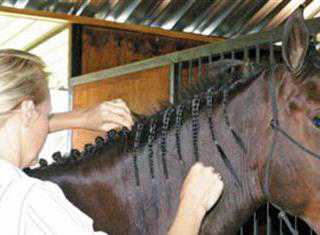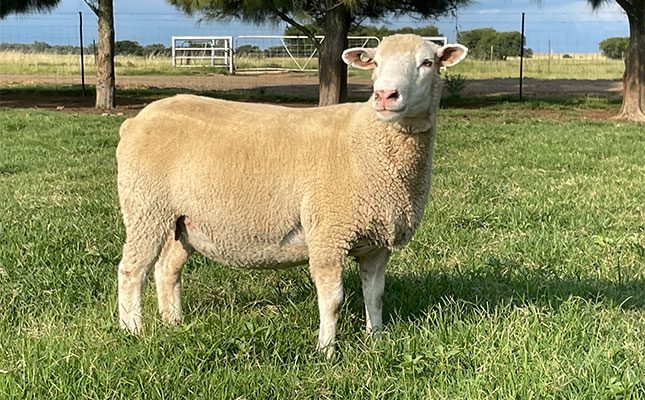Treating snakebite
Snakes are coming out of hibernation and now is a good time to brush up on your knowledge of how to treat a horse that's been bitten.
Saddle up with pride
Keeping all tack clean is essential for the comfort of your horse and will keep both of you safer.
Choosing the right saddle for your horse
With a sport horse, the performance of the animal is critical to its success and to this end, it's essential to make sure the saddle is chosen carefully, says Dr...
Why there’s no such thing as a white horse.
Black, brown, bay, chestnut, palomino - horses come in several colours. Except white. Dr Mac explains why.
Summer + horses = flies
Summer brings flies and diseases to your stables. Kim Dyson gives some advice on how to protect your horse against the other critters and ailments the warm weather brings.
How to treat soft tissue injuries on horses
Knowing how soft tissue injuries occur will help you alleviate your horse's pain and speed up the healing process, writes Kim Dyson.
Treating white line disease
White line disease is an infection of the hoof wall of a horse, mule or donkey, which causes it to disintegrate, writes Dr Mac.
Treating ringworm in horses
If you have itchy red spots, beware - you might have caught them from your horse, warns Dr Mac.
Teaching your horse to tie up
Before you start these lessons, it's essential for your horse to trust you completely. He must know how to relax and give in to positive pressure. Once your horse is...
Bath time!
Bathing your horse is important. It can help desensitise a sceptical horse, making handling a lot easier. Kim Dyson shares a step-by-step routine to make bathing a positive experience.
It’s fly season again!
Since more than 10 000 flies can emerge from 1kg of horse manure to terrorise your stable, some form of management is desperately needed. Dr Mac tells us how to...
Feeding rules – Part 2
Last issue Kim Dyson covered the basics of feeding your horse. This week, she looks at how much to feed your equine sidekick.






